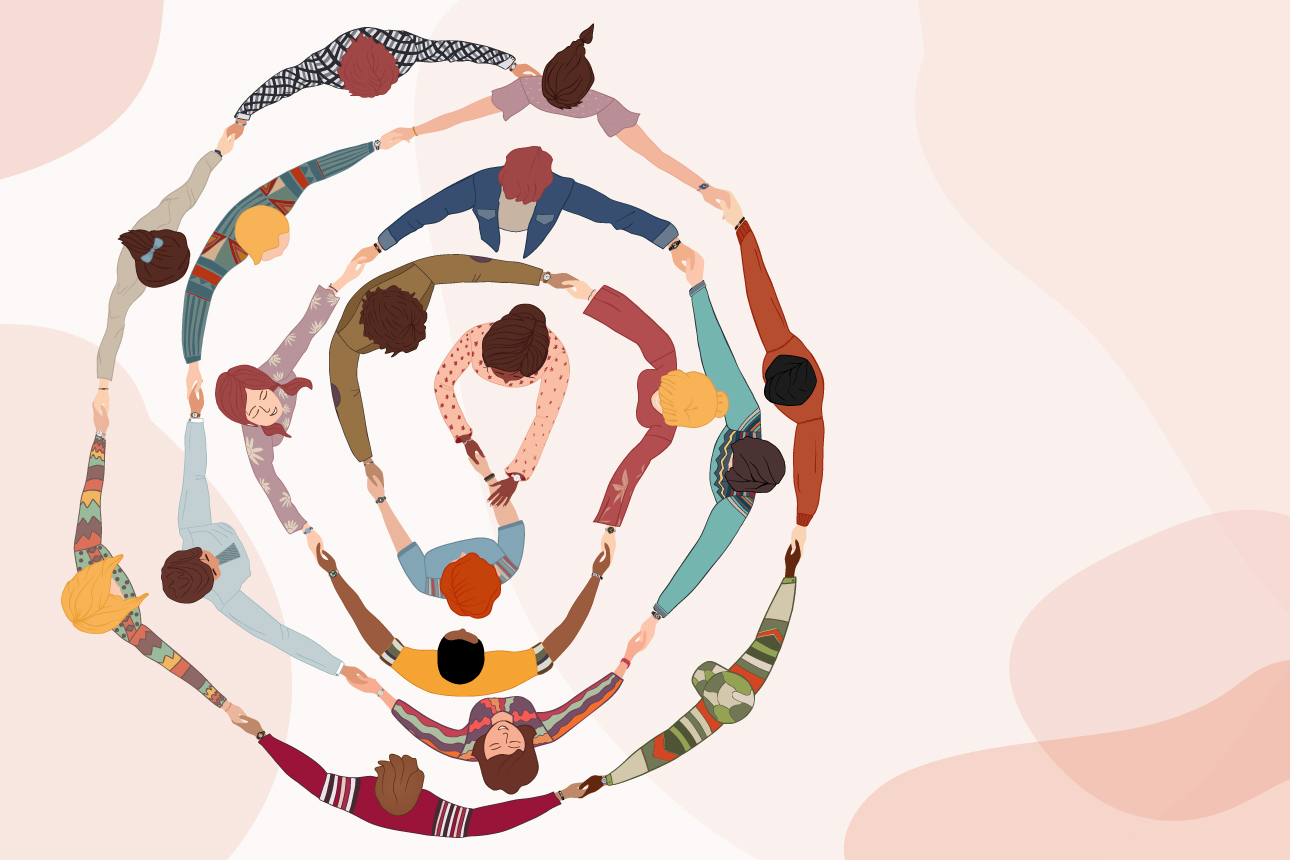
16th August 2022
The importance of inclusion on creating a truly inspiring workplace

By Crispin Manners, Chairman Inspiring Workplaces Group
For the last 12 months Diversity, Equity and Inclusion (DEI) has been the #1 topic on the Worldcom Confidence Index which tracks what 100,000 global C Suite executives are talking about. But why is it the #1 topic? I believe it’s because inclusion is so vital to creating truly inspiring workplaces.
The pandemic, the Great Resignation, the war in Ukraine and the challenges of global warming are changing the way people think and the way businesses operate. Increasingly, business leaders are recognising that sustained success will come from creating people-first organisations fuelled by two words – belief and belonging. Belief that they work for an organisation that can be a force for good i.e., an organisation that delivers profit with a purpose. And a sense that they belong.
The definition of belonging is: A sense of fitting in or feeling like you are an important member of a group. So, it’s vital that organisations create this sense of belonging as it ticks all the social needs our brain has to feel valued at work. This is neatly summarised in the SCARF neuroscience framework created by David Rock. SCARF stands for: Status (knowing what you do contributes to the Purpose and is valued by the organisation and colleagues), Certainty (knowing what will happen next), Autonomy (knowing what you can decide for yourself to help achieve the Purpose), Relatedness (feeling connected to colleagues) and Fairness (knowing you are fairly treated).
When you think about DEI in the context of SCARF, belief and belonging, one word stands out – Inclusion. I believe inclusion embraces, but goes well beyond, Diversity, Equity and Inclusion to enable everyone to bring their best self to work. For me, inclusion means ensuring that everyone feels involved and connected because they feel they are in an environment that is psychologically safe.
A critical first step for the leadership team is to decide who they want to belong and what they want them to believe. It’s vital that this is crystal clear so that you can attract and retain people who will want to belong. The recent US Supreme Court’s Roe v Wade decision brings this into stark focus. The way Disney and others reacted to the decision shows that they wanted to be transparent about what inclusion means to them. In this sense, it’s not about whether something is right or wrong but whether it’s right for the organisation and the people that work there.
I believe leaders should also look at inclusion from a broader context to embrace all key stakeholders. What does the organisation do that enables its people to contribute to their local community, a cause they believe in or a global movement? People care about these things. Work doesn’t exist in a bubble. It’s part of their life and they want work to fit with the other parts of their life they care about most.
So, if you want to create an inspiring place to work that benefits from high levels of belief and belonging, I recommend you put inclusion at the heart of your beliefs. You can start by asking some very simple questions:
- What is our Purpose?
- What does this mean we want people to believe?
- Who do we want to belong to our organisation?
- Where are we on the Inspiring Workplaces PEOPLEFIRST MATRIX?
- What do we do that proves we create a truly inclusive environment that creates a powerful sense of belief and belonging?


